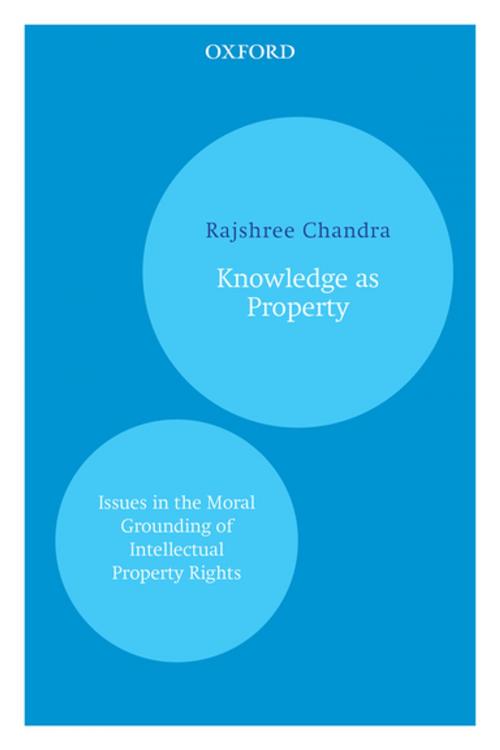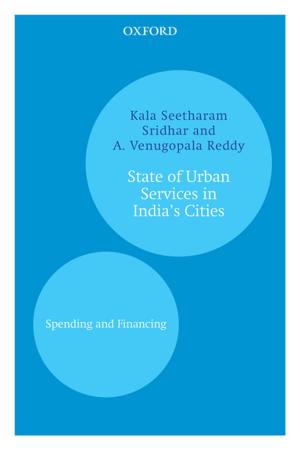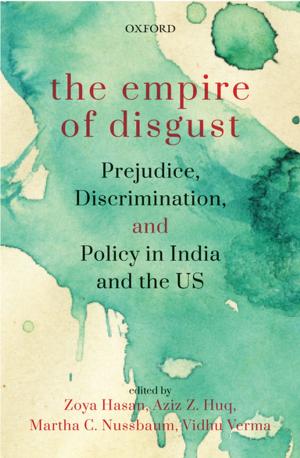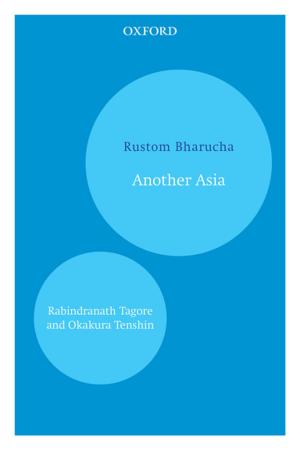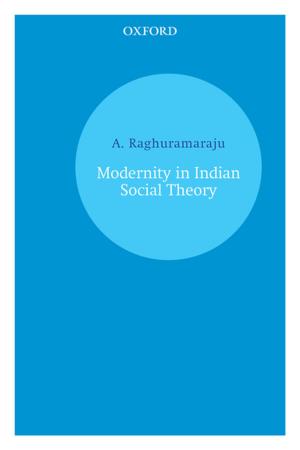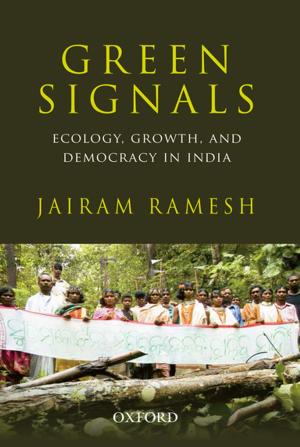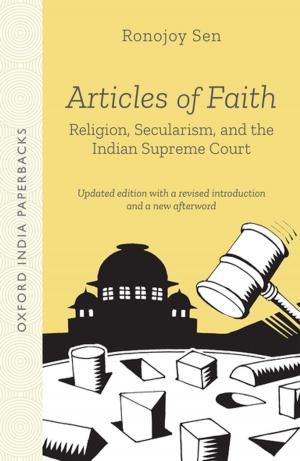Knowledge as Property
Issues in the Moral Grounding of Intellectual Property Rights
Nonfiction, Reference & Language, Law, Intellectual Property| Author: | Rajshree Chandra | ISBN: | 9780199088188 |
| Publisher: | OUP India | Publication: | June 13, 2012 |
| Imprint: | OUP India | Language: | English |
| Author: | Rajshree Chandra |
| ISBN: | 9780199088188 |
| Publisher: | OUP India |
| Publication: | June 13, 2012 |
| Imprint: | OUP India |
| Language: | English |
Intellectual Property Rights (IPRs)—the idea of knowledge as property—and its role in human society is being increasingly discussed across nations and borders. Involving legal, political, cultural, and ethical issues, debates on IPRs continue to be complex and wide-ranging. This book analyses the basic assumptions and premises of the notion of intellectual property as a right. It goes on to show how IPRs prevent those who do not own it from accessing and exercising their own diverse rights. Thus, in a way, IPRs violate the very idea of individual autonomy on which it bases its claims. Highlighting the inherent propensity of IPRs to conflict with'other rights of other peoples' this volume examines three important rights: health rights, indigenous peoples' knowledge rights, and farmers' rights. Do IPRs derive any legitimacy from its ability to support or conjoin with these rights? Do IPRs fit within a framework of rights, which unites welfare, well being, and equal access to advantage and autonomy? These are questions which arise out of the varied contestations that have emerged in the face of IPRs and which have been probed in this book. The analyses also moves beyond to explore some of the broader challenges that liberal theory of rights faces from collective claims to knowledge rights and practices.
Intellectual Property Rights (IPRs)—the idea of knowledge as property—and its role in human society is being increasingly discussed across nations and borders. Involving legal, political, cultural, and ethical issues, debates on IPRs continue to be complex and wide-ranging. This book analyses the basic assumptions and premises of the notion of intellectual property as a right. It goes on to show how IPRs prevent those who do not own it from accessing and exercising their own diverse rights. Thus, in a way, IPRs violate the very idea of individual autonomy on which it bases its claims. Highlighting the inherent propensity of IPRs to conflict with'other rights of other peoples' this volume examines three important rights: health rights, indigenous peoples' knowledge rights, and farmers' rights. Do IPRs derive any legitimacy from its ability to support or conjoin with these rights? Do IPRs fit within a framework of rights, which unites welfare, well being, and equal access to advantage and autonomy? These are questions which arise out of the varied contestations that have emerged in the face of IPRs and which have been probed in this book. The analyses also moves beyond to explore some of the broader challenges that liberal theory of rights faces from collective claims to knowledge rights and practices.
